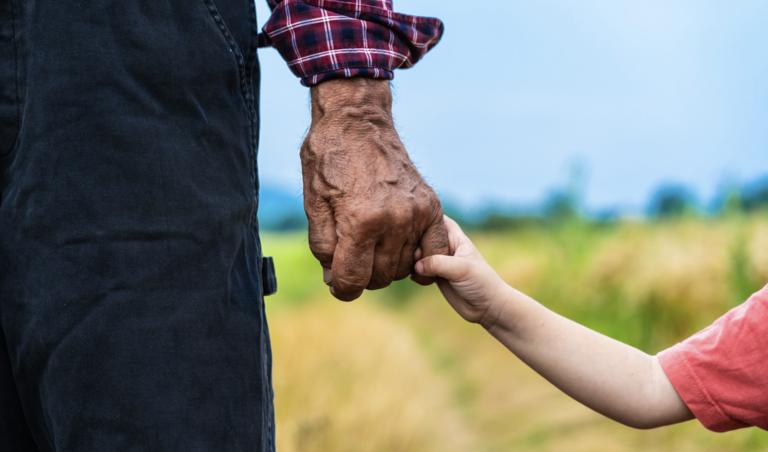
Health happens in families, and yet many health promotion interventions are not tailored for the family as a unit. Multigenerational households (i.e., families that consist of three or more generations) have become a more prevalent family structure in the U.S. and provide essential caregiving functions. This summer, as part of their Obermann Interdisciplinary Research Grant, "Healthy Aging across the Life Course: Engaging Multigenerational Families Living with Chronic Conditions," Ebonee Johnson (College of Public Health), Duhita Mahatmya (College of Education), and Kimberly Dukes (Internal Medicine) used the principles and practices of community engagement to better understand health and healthy aging in multigenerational families experiencing chronic illness and disability.
The group writes, "Extant research on interventions or best practices to support the health and well-being of multigenerational families often focuses on the individual with the chronic illness, the caregiver, or specific dyads within the family (e.g., adult child and parent; grandparent and child). Less attention has been paid to multiple generations with relational dynamics and comorbid health needs as one unit."
In collaboration with counseling psychology doctoral student Jahnavi Pandya and Health Sciences Librarian Riley Samuelson, the group began a scoping review of the literature to examine what is currently known about family dynamics and health outcomes in multigenerational households. To enhance their community outreach efforts, they consulted with other faculty and community partners to explore ways to study health and develop interventions for multigenerational families. From these efforts, they unpacked their assumptions about the family structure and dynamics of multigenerational households to consider how sociodemographic and cultural factors influence how researchers and practitioners conceptualize these types of families. As they continue this work after their month-long IDRG residency, they will recruit additional families to understand their lived experiences and submit a proposal to NIH to secure funding for this line of research.